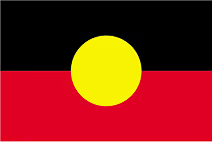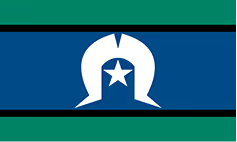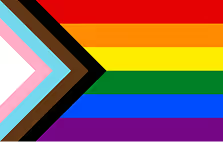Andrew's Story
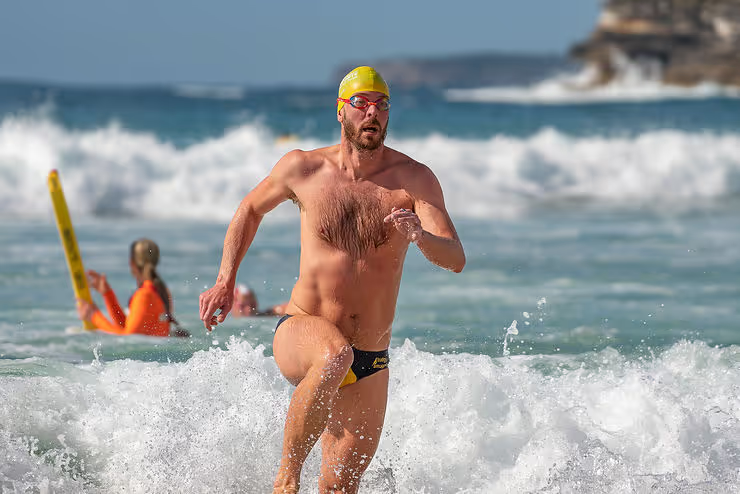
Andrew grew up in Far North Queensland, where being young, gay, and a little different often meant learning to mask or minimise parts of himself. In his community, drinking wasn’t just normal - it was expected. And like many teens, he started early.
He had his first drink around 13 or 14. What began as casual, socially accepted mischief slowly turned into something more persistent - and more complicated.
“I grew up in a regional area where it felt like there's nothing to do, so you're just drinking all the time and getting up to lots of mischief. But it was very socially acceptable at the time - everyone was kind of doing it.”
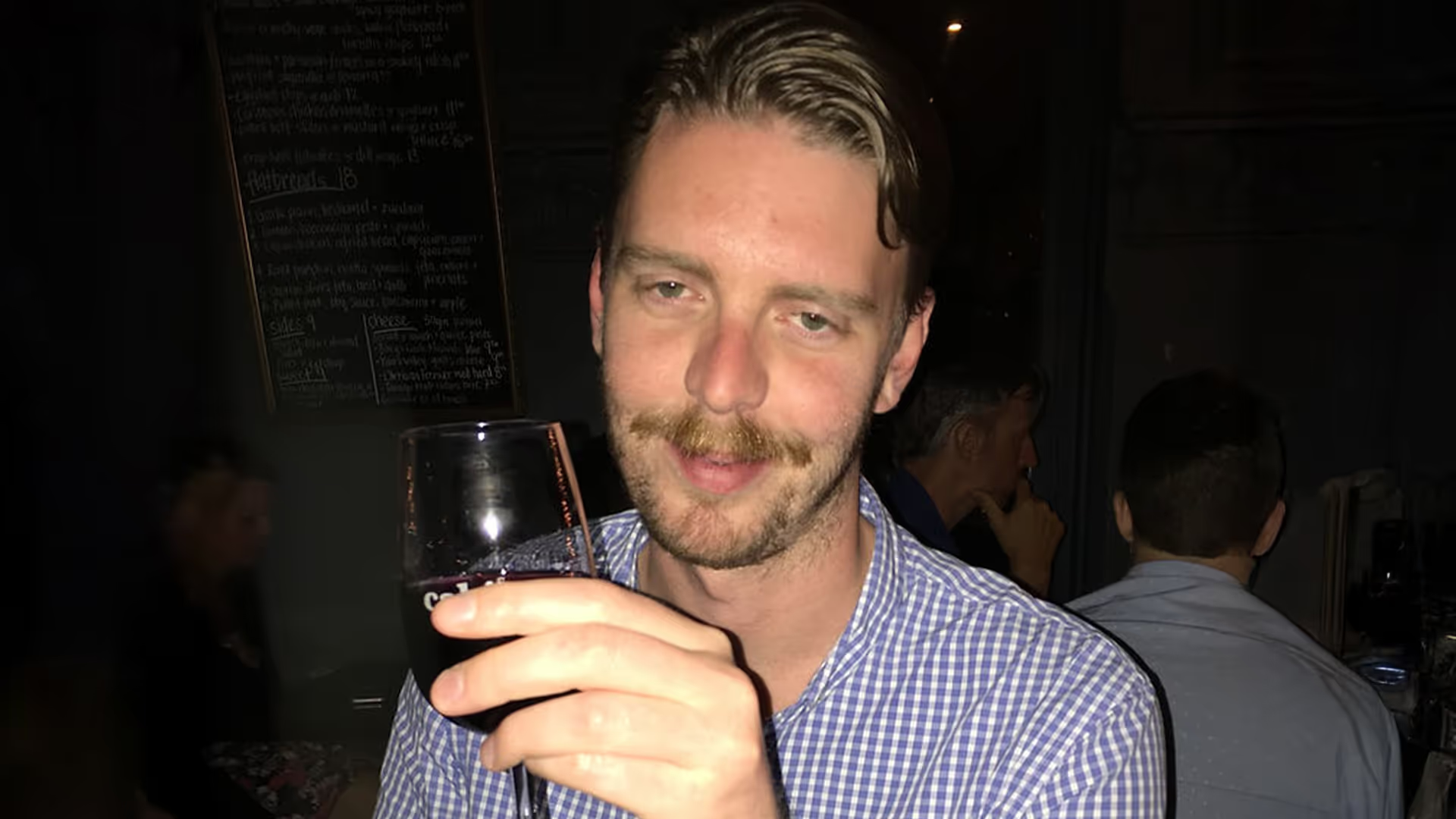
By his twenties and thirties, Andrew was living in Brisbane, then Melbourne, and finally Sydney. On paper, everything looked fine. He was holding down demanding jobs, had an active social life, and moved with confidence through the world. But behind the scenes, alcohol had become a daily presence - and a private battle.
He remembers trying to quit countless times. Taking breaks during ‘Dry July’. Bargaining. Promising himself, “just a few this time.” But he always came back.
“Realistically, I was trying to stop drinking very young - in my twenties. But it was always half-hearted. If I did take a break, I was just counting down the days until I could drink again. And that’s so normalised - you stop for 30 days and people say, ‘Great, now let’s get hammered.’”
He laughs now about some of the Facebook memories that pop up - pictures of him proudly holding a beer after a self-imposed dry spell, captioned ‘I missed you’ with a beer in hand.
Eventually, it all caught up with him. His drinking wasn’t just affecting his body - it was affecting his mind. His mental health was suffering, and he was tired of pretending he could keep all the plates spinning.
“There wasn’t one big rock bottom. It was more like… a thousand ignored warnings. I had psychologists, friends, family, doctors telling me I needed to stop. I brushed them all off. But slowly, the cumulative effect of it all got through. And one day, I just couldn’t do it anymore.”
It was around that time, five and a half years ago, that Andrew came across Clean Slate Clinic - almost by accident. He was seeing a queer-friendly GP in Sydney when he heard about the pilot program being run by Dr Chris Davis, co-founder of Clean Slate Clinic. He describes it now as a lifeline.
“As a gay, queer person, there's beauty in accessing healthcare where you don't have to think about being gay. It takes a whole level of complexity away. I had a mental health condition. I had a drinking problem. But I didn’t have to worry about hiding any of that - I could just focus on getting better.”
With Chris, he finally felt safe. Together, they made a plan. They talked through medications and timelines. Andrew picked a date. It still felt daunting - but it also felt different. This time, he wasn’t doing it alone.
The detox process wasn’t easy. But seven days in, Andrew walked into Chris’ office and saw something in himself he hadn’t seen in years.
“Chris looked me in the eyes and said, ‘Look in the mirror - look at how clear your eyes are.’ And I did. And it still makes me a little emotional thinking about it, because he was just beaming with joy. It made me realise - wow, something has already changed. That moment sticks with me. Even now, no matter what’s going on, I look in the mirror and remember: I’ve conquered something huge.”
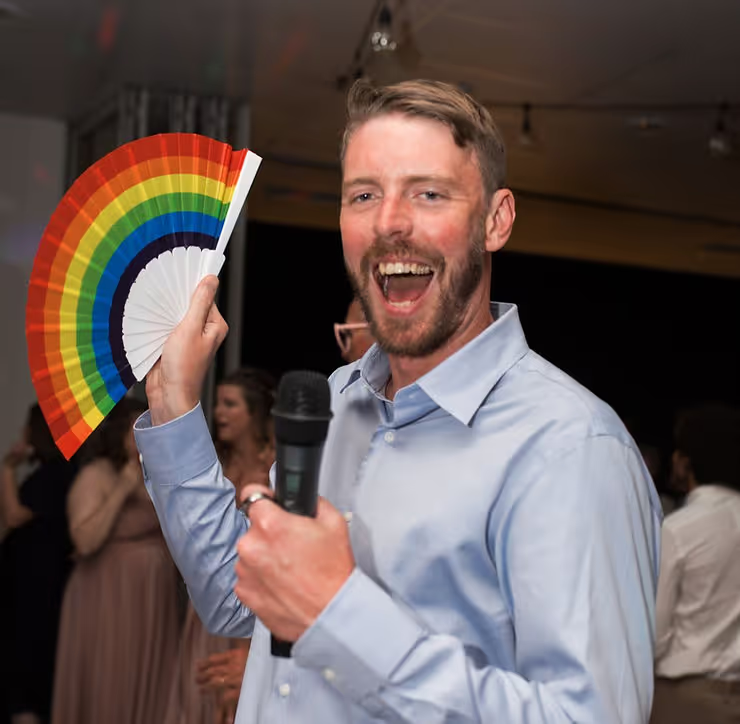
And that moment was only the beginning.
Quitting alcohol gave Andrew the clarity to finally engage with his mental health properly. About two years into sobriety, he was diagnosed with bipolar disorder - a condition that had long been masked by alcohol use.
“Now I’m on proper medication and I understand myself so much more. It’s not all rainbows - life is still hard sometimes - but I’m stable. And if I hadn’t quit drinking, I probably never would’ve found that out.”
He also found himself rediscovering parts of life he’d lost. He moved to the beach. Started swimming in the ocean every day. Became a lifesaver. Trained others. Felt pride.
“I completely picked up my life and moved to the beach. I swim in the ocean every day. It’s my meditation. It empties my mind. And honestly, it feels like everything I touch now turns to gold. Not in a flashy way - just in a steady, clear, calm way.”
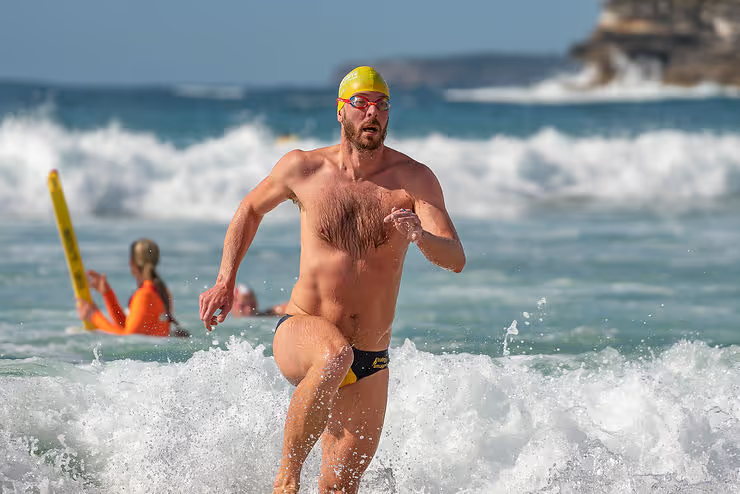
But he’s also honest about the challenges - particularly the social side. Navigating friendships, rebuilding routines, saying goodbye to people he cared about, and learning how to show up differently.
“I wasn’t really prepared for how much the social element would change. Some friends clearly had to go. Others, I had to work really hard to keep. I had to rebrand how we related - it couldn’t be nights out getting wasted anymore. So I suggested brunch, walks, things that didn’t revolve around alcohol. People were actually really open to it - more than I expected.”
When asked what advice he’d give to someone thinking about quitting drinking - Andrew doesn’t hesitate:
“The only thing I regret is not stopping sooner. Sobering up has made life a joy. I used to feel like I was swinging from vine to vine, just trying to survive. Now, I feel like I’m in charge. I lead in most areas of my life. And if you’re even thinking about making a change - just give it a red-hot go. You’ve got nothing to lose. And so much to gain.”
To hear more on Andrew's story, tune into his episode on the Clean Slate podcast.
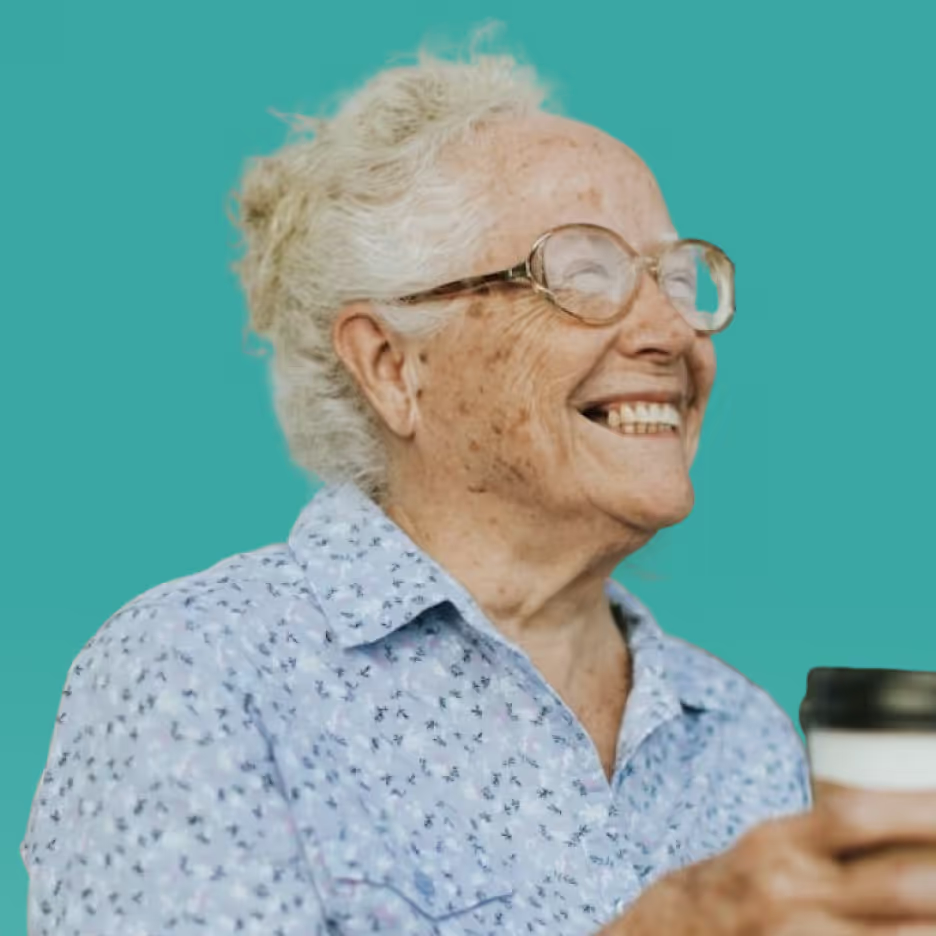
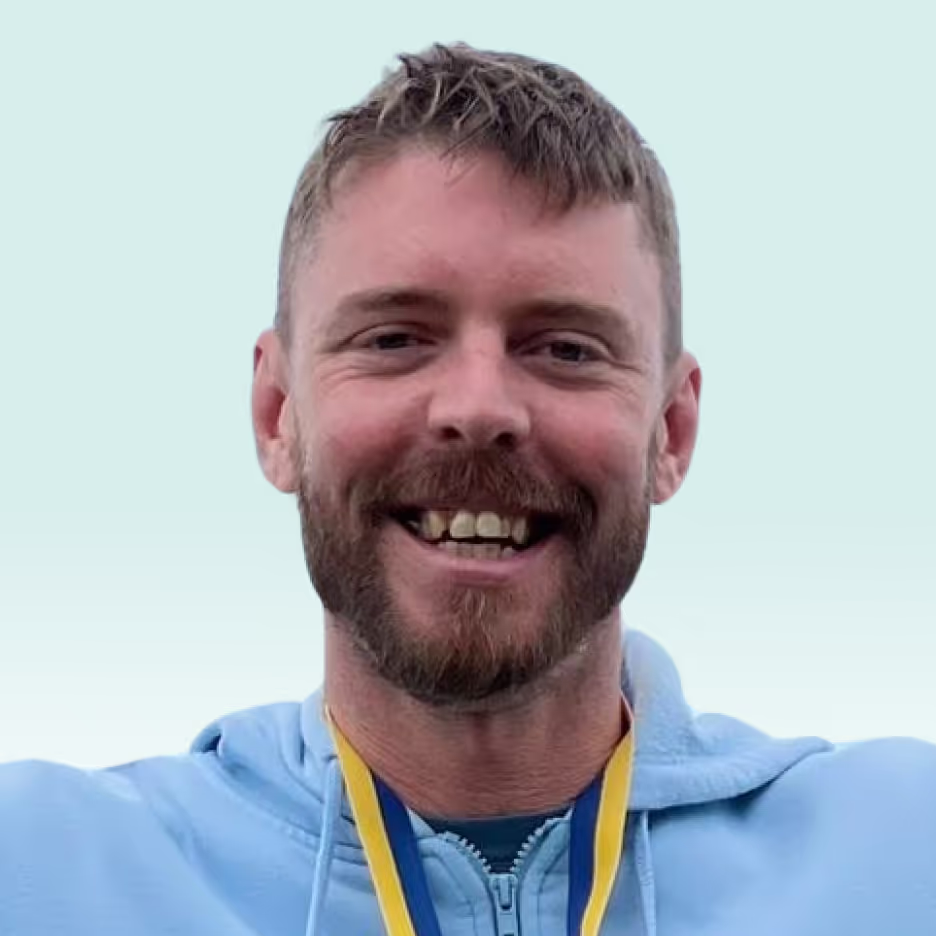
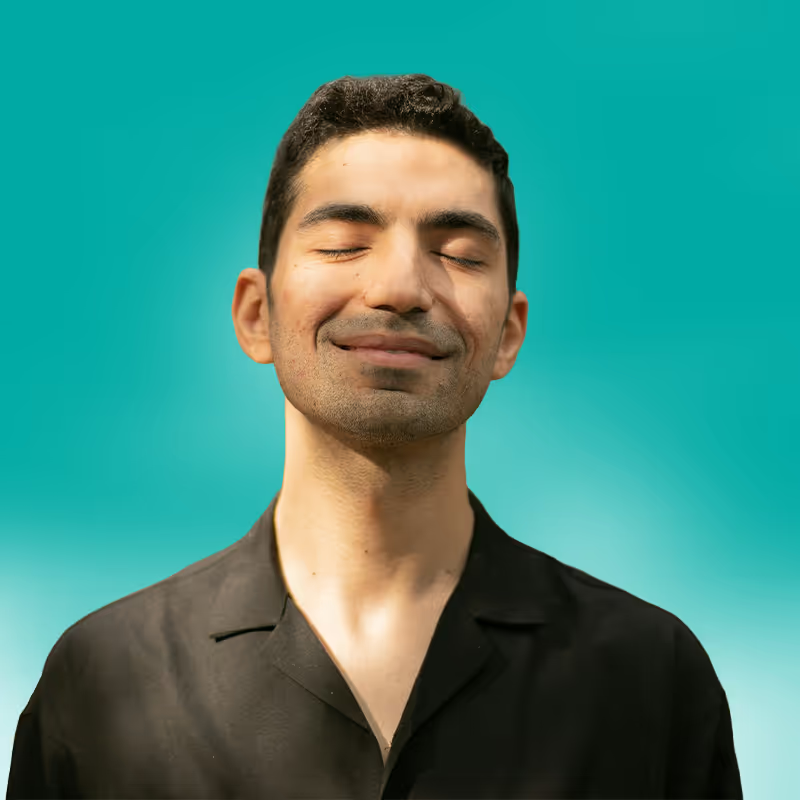
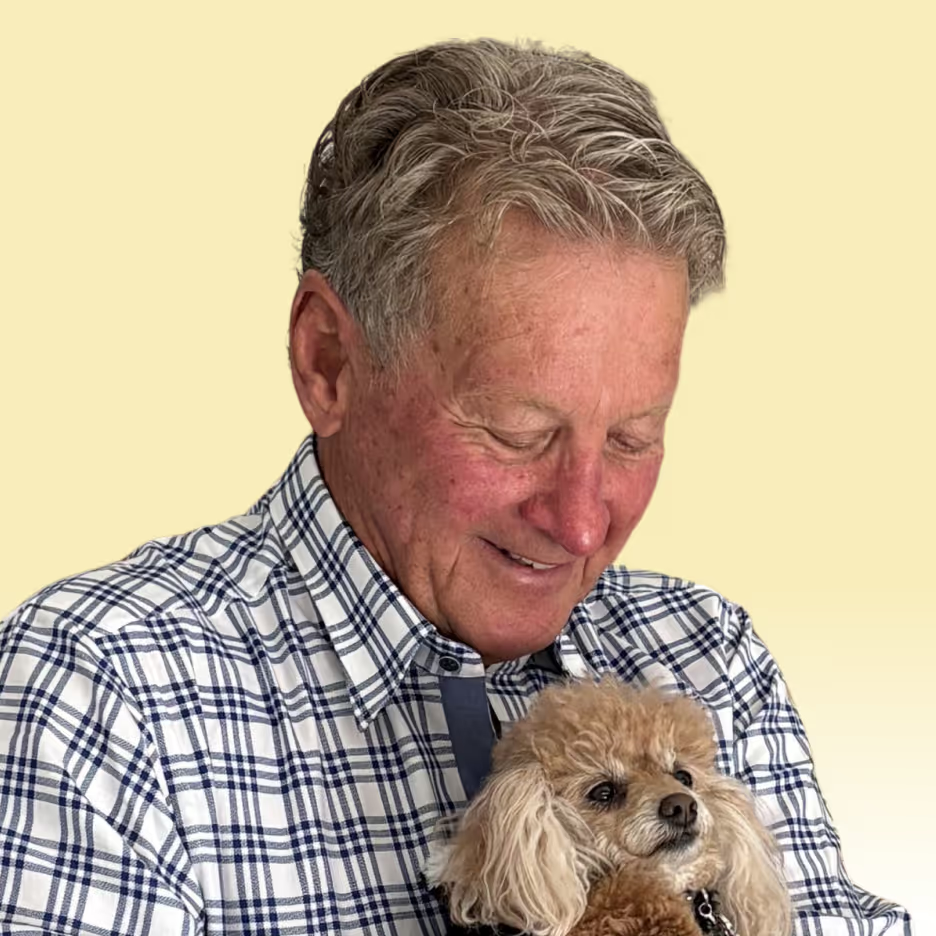
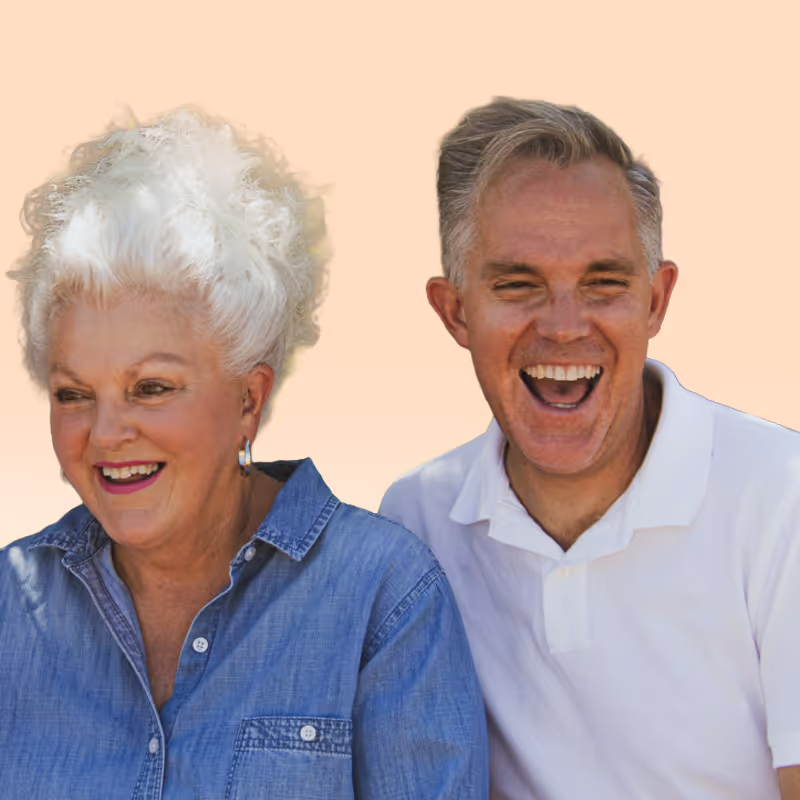
Ready to get started?
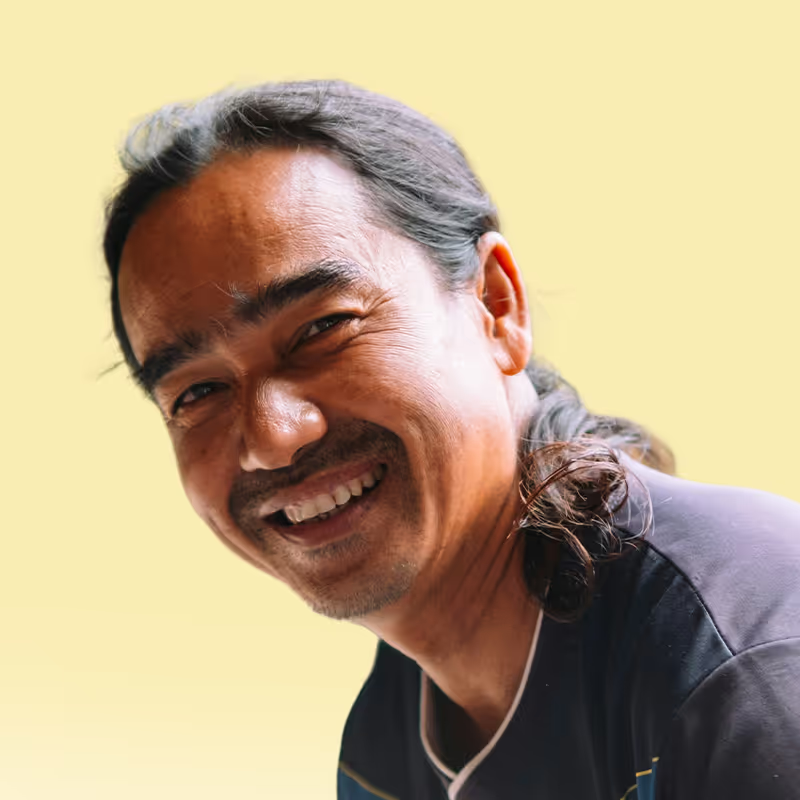
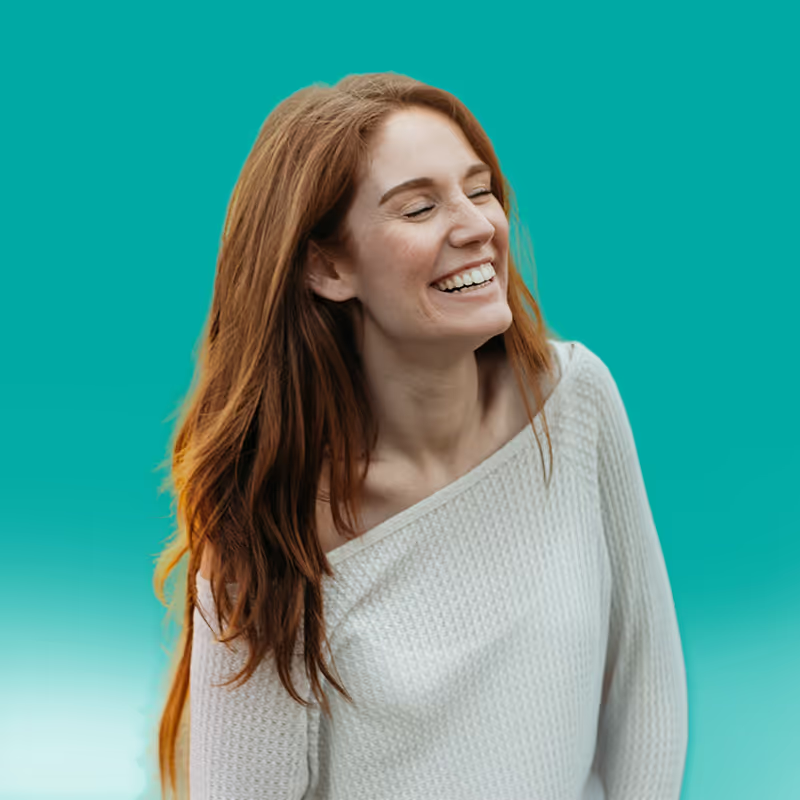
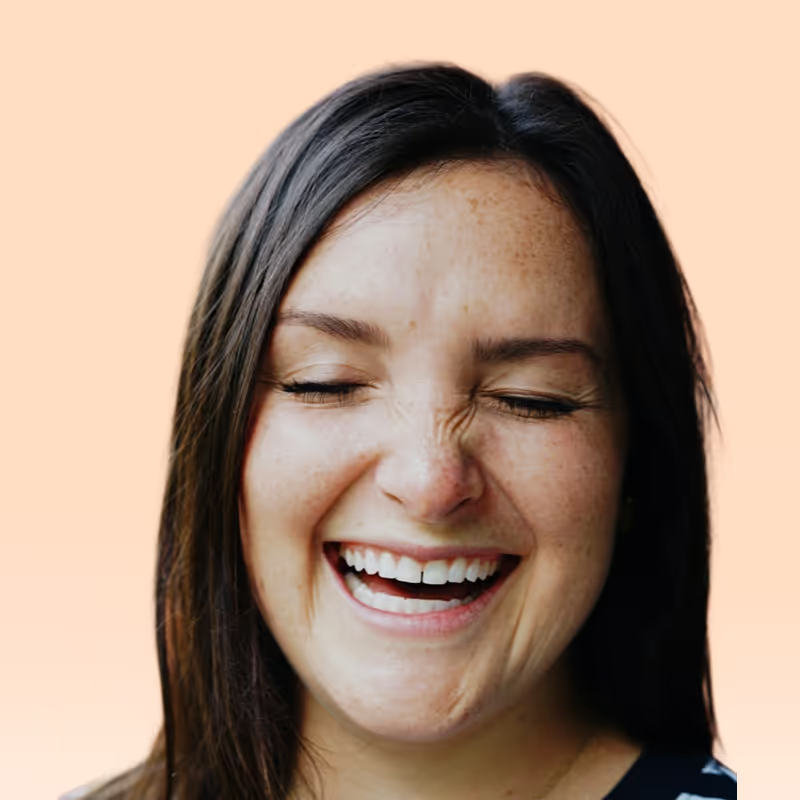

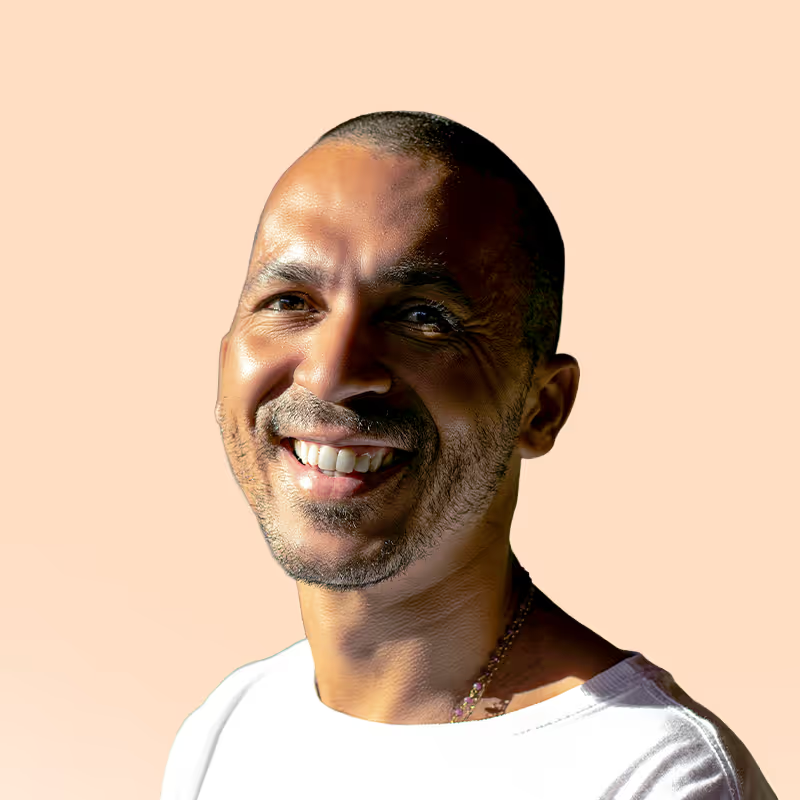
.png)


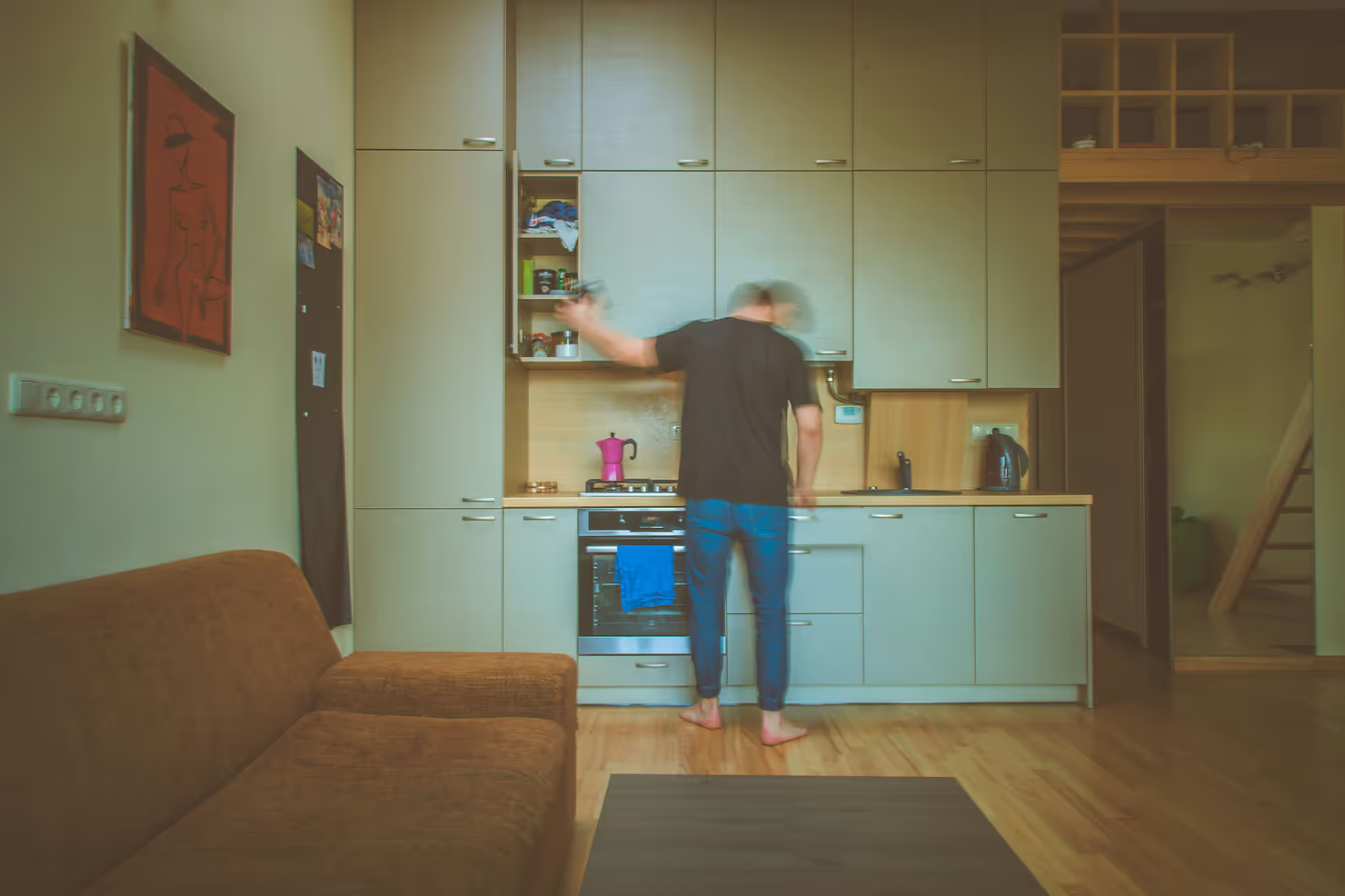
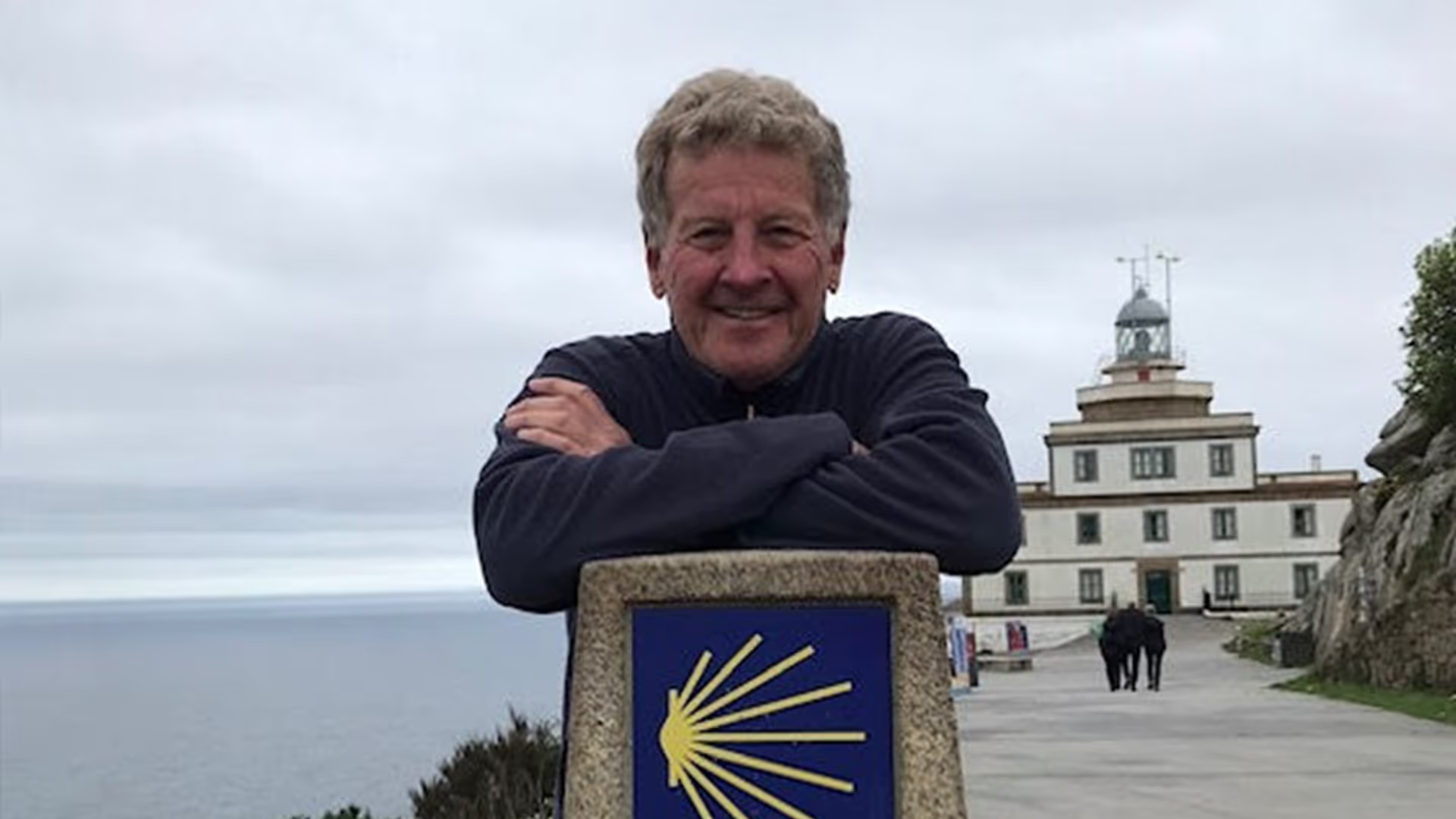


.avif)
